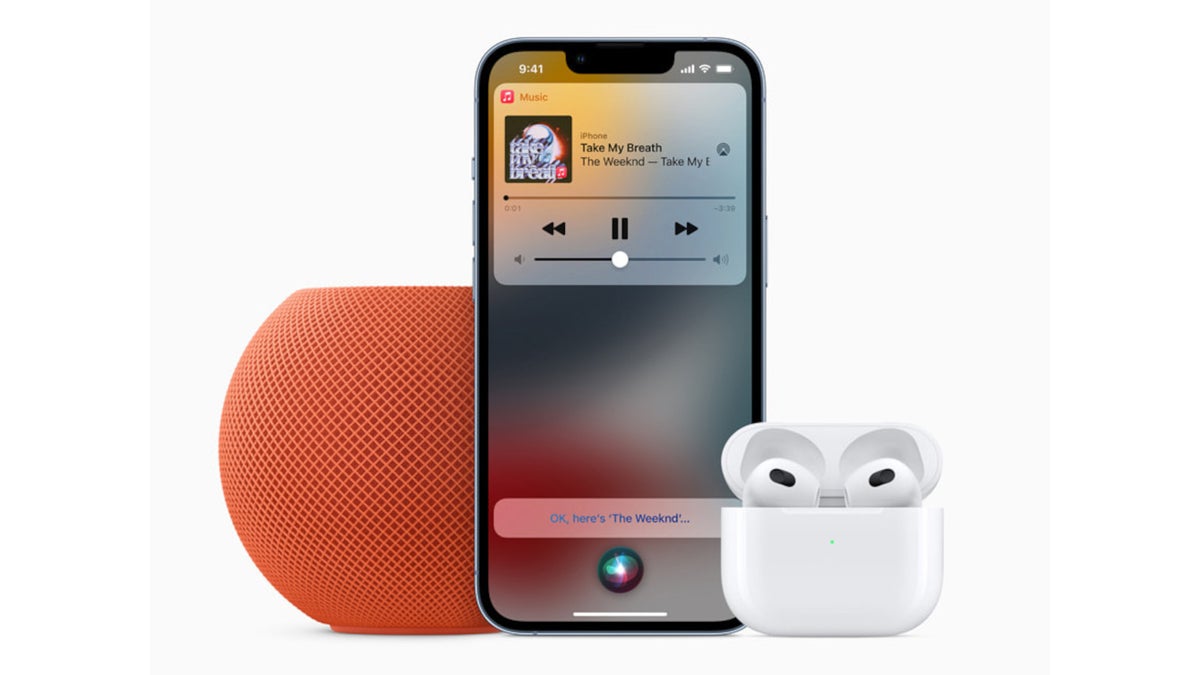Apple Music Voice Plan: control your music with your voice

The Apple Unleashed event is live, and Apple has just announced a new tier the Cupertino company is bringing to Apple Music: the Apple Music Voice Plan.
This plan, rather than simply being a paid music subscription service, draws users deeper into Apple's powerful ecosystem by leveraging the power of Siri to deliver thousands of hours of audio enjoyment to you.
The Apple Music Voice plan will work entirely through Siri: you don't need to so much as look at your phone or tablet. You just speak up, let Siri know what you feel like listening to, and she can cater an entire playlist according to your mood in the spur of the moment.
Apart from the ability to have personalized mixes, the Voice Plan also offers tens of thousands of pre-made playlists from its catalog of 90 million songs.
Control your music entirely through Siri voice commands
Siri commands for the new Apple Music Voice Plan include “Play the dinner party playlist,” “Play something chill,” “Play more like this," and others. Don't worry, it won't be hard to learn; inside the Voice Plan app is a "Just ask Siri" section, chock-full of tips to optimize Siri for your taste in Apple Music.
Apple Music and Siri are natural partners and already work seamlessly together. With Siri actively used on hundreds of millions of devices worldwide, we are thrilled to add this new plan that delivers an effortless music experience just by using your voice and makes Apple Music accessible to even more people around the world.
This new hands-free musical luxury will cost you only $4.99 per month—which is half of the monthly fee that Spotify asks for. To subscribe, you can simply ask your loyal smart assistant to do it for you: “Hey Siri, start my Apple Music Voice trial." Or, alternatively, you can sign up via the Apple Music app, of course.
The subscription will work through all Siri-enabled devices, including the HomePod mini, AirPods, CarPlay, iPhone, iPad, Apple Watch, Apple TV, and Mac.
Apple promises that all this will become available later this fall, in a list of 17 countries (namely Australia, Austria, Canada, China, France, Germany, Hong Kong, India, Ireland, Italy, Japan, Mexico, New Zealand, Spain, Taiwan, the United Kingdom, and the United States).
Follow us on Google News











Things that are NOT allowed:
To help keep our community safe and free from spam, we apply temporary limits to newly created accounts: